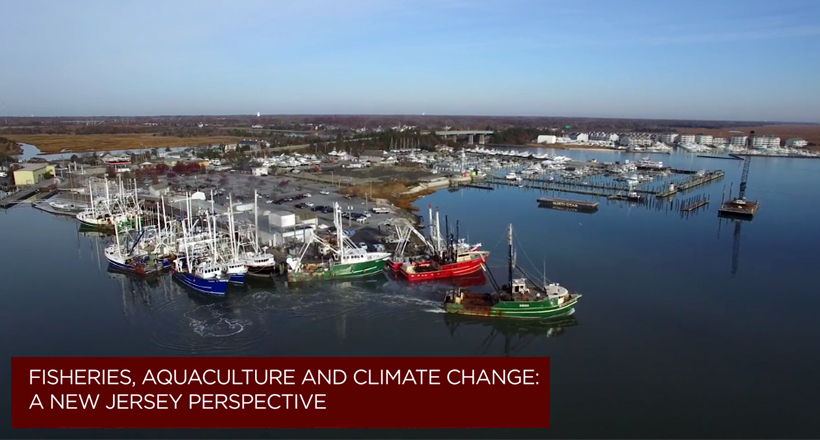Support for this video was provided by the U.S. Department of Agriculture, Kresge Foundation, and various organizations within Rutgers University, including the New Jersey Agricultural Experiment Station, Rutgers Climate Institute, Bloustein School of Planning and Public Policy, New Jersey Climate Change Alliance, and New Jersey Climate Change Resource Center.
What Is Ocean Acidification and How Does It Affect Marine Life?
Ocean acidification is often described as climate change’s “equally evil twin.” Like climate change, the principal cause of acidification in the open ocean is an increase in atmospheric carbon dioxide (CO2), with potentially harmful ecological and economic consequences.
More Climate Stories

Climate Change for Planning & Zoning Boards
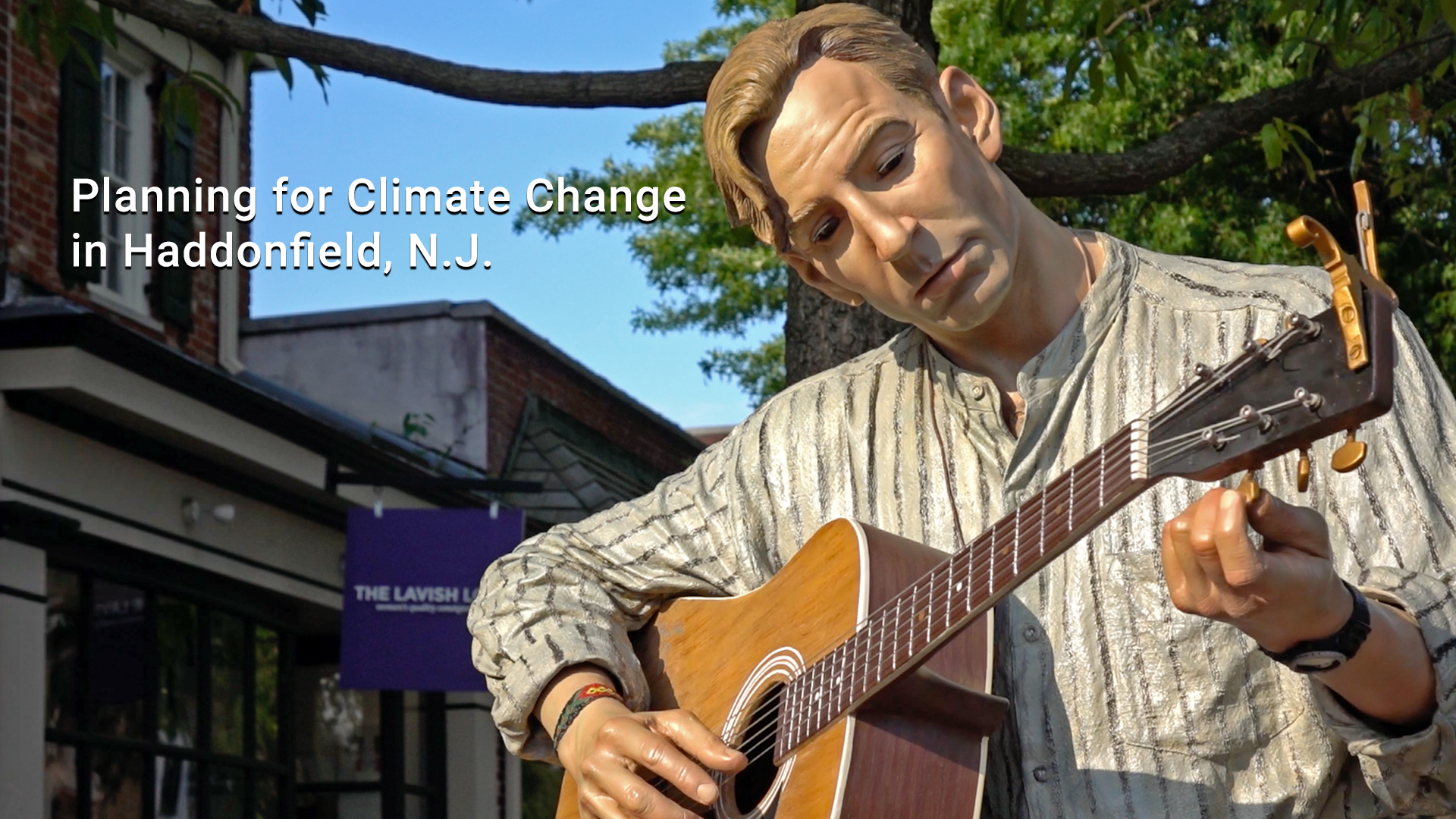
Planning for Climate Change in Haddonfield, N.J.
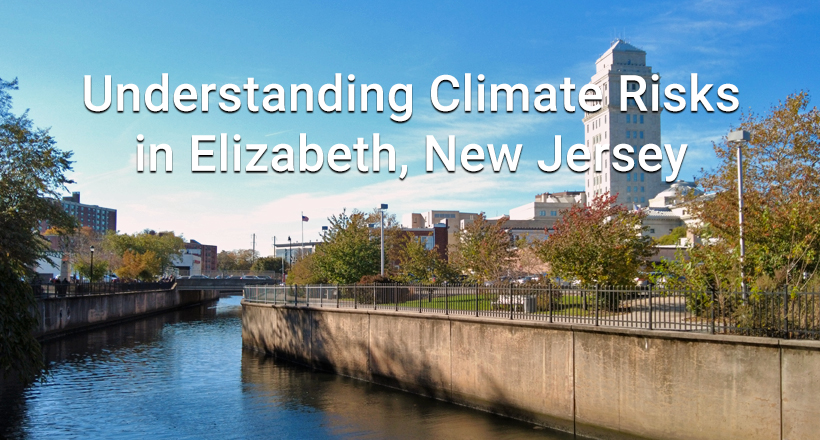
Understanding Climate Risks in Elizabeth, N.J
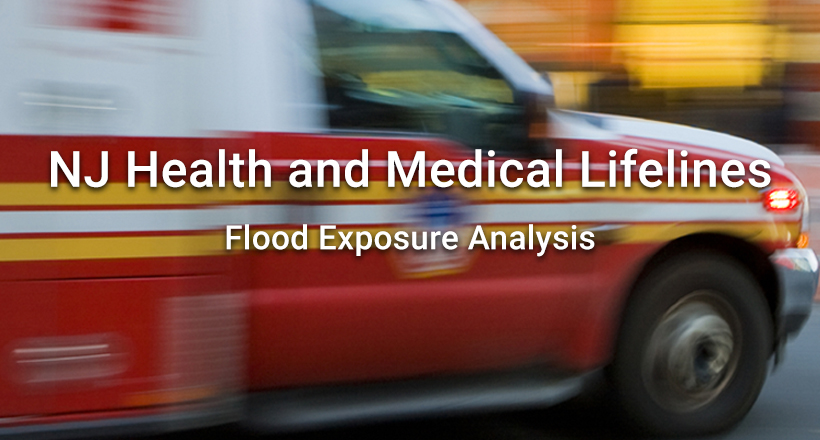
NJ Health and Medical Lifelines Flood Exposure Analysis
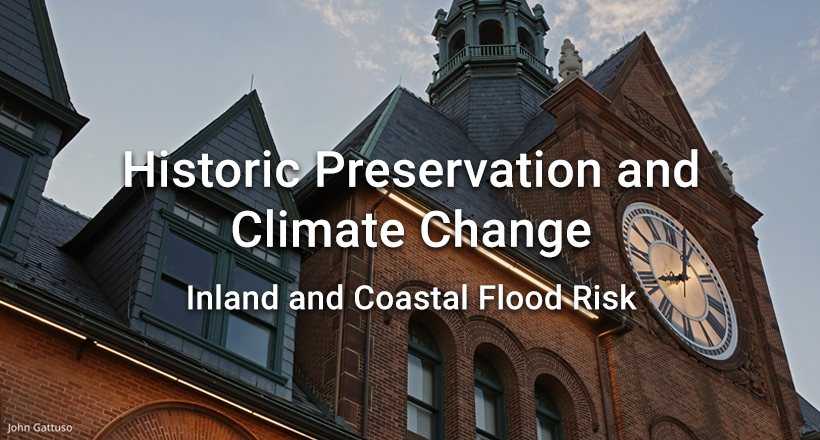
Historic Preservation and Climate Change
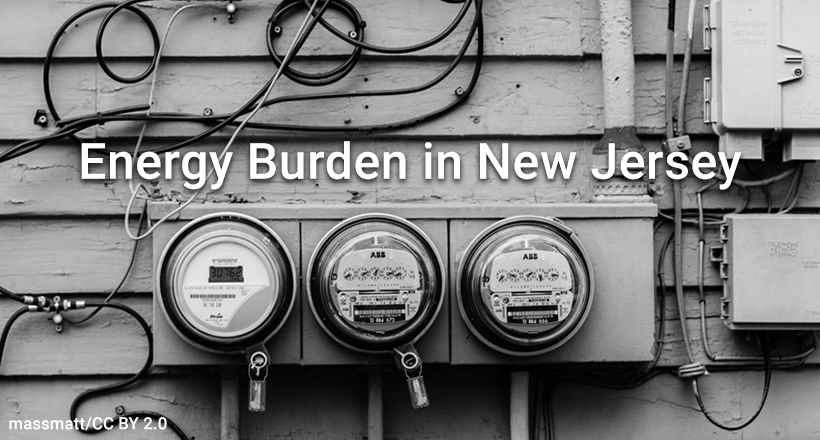
Energy Burden in New Jersey
Rutgers Coastal Climate Risk and Resilience Initiative

Climate Change: What’s at Stake for New Jersey?
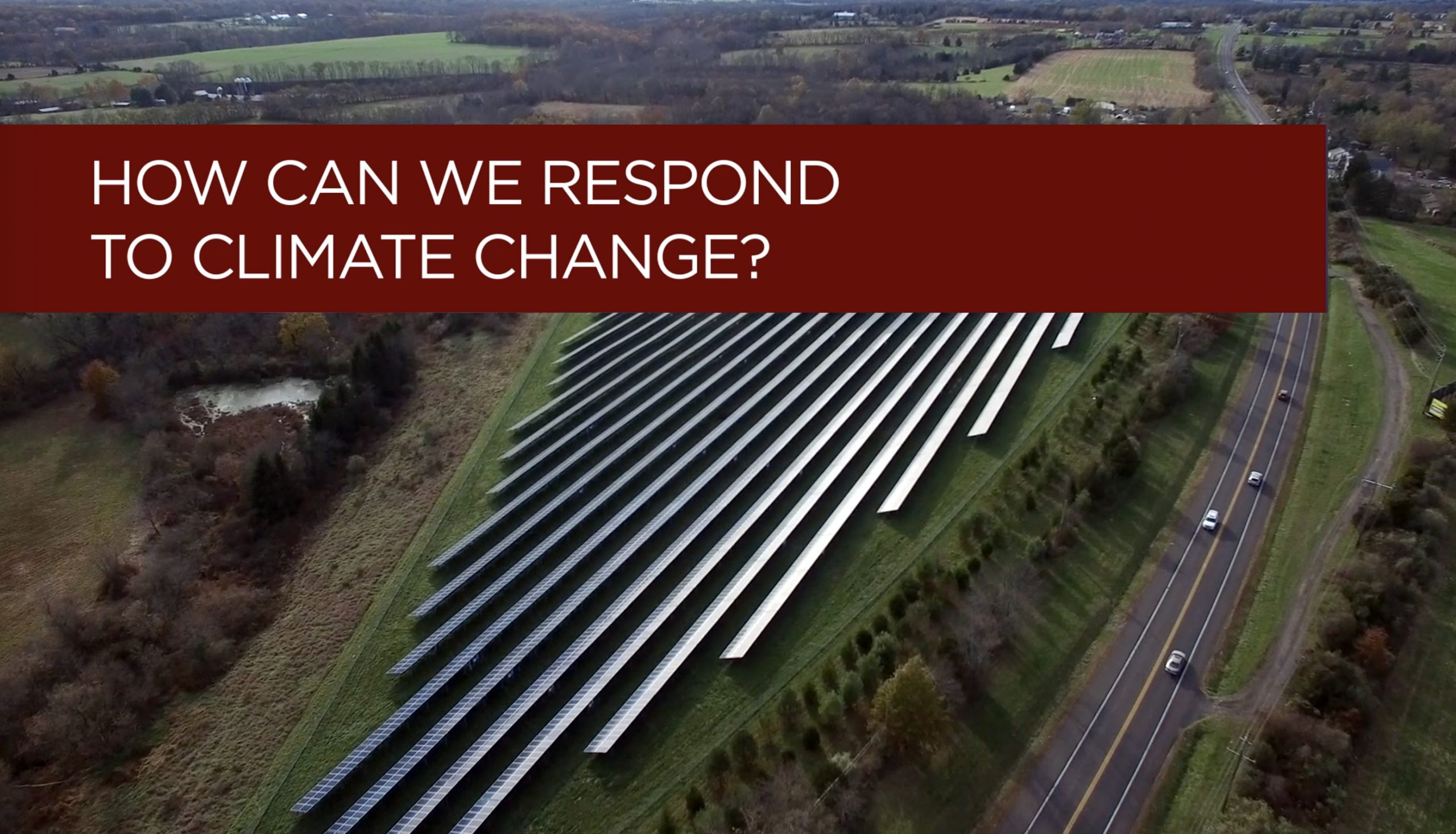
How Can We Respond to Climate Change?
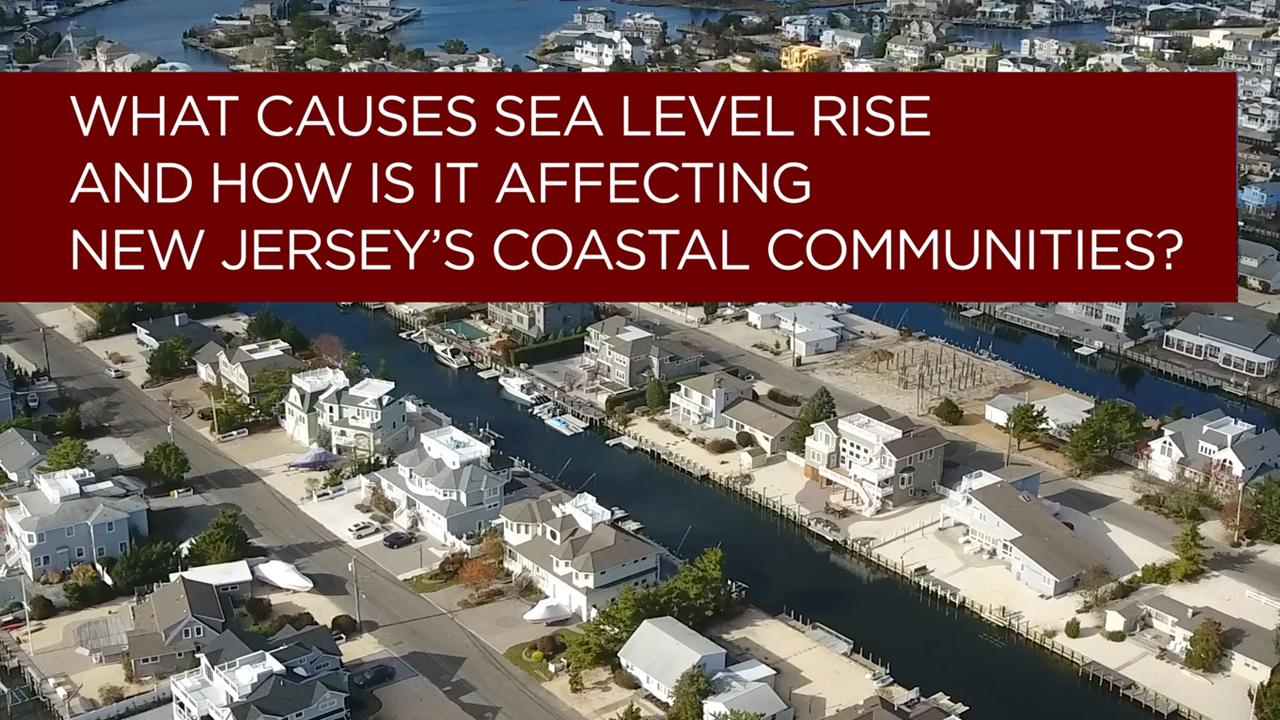
What Causes Sea Level Rise, and How Is It Affecting New Jersey’s Coastal Communities?
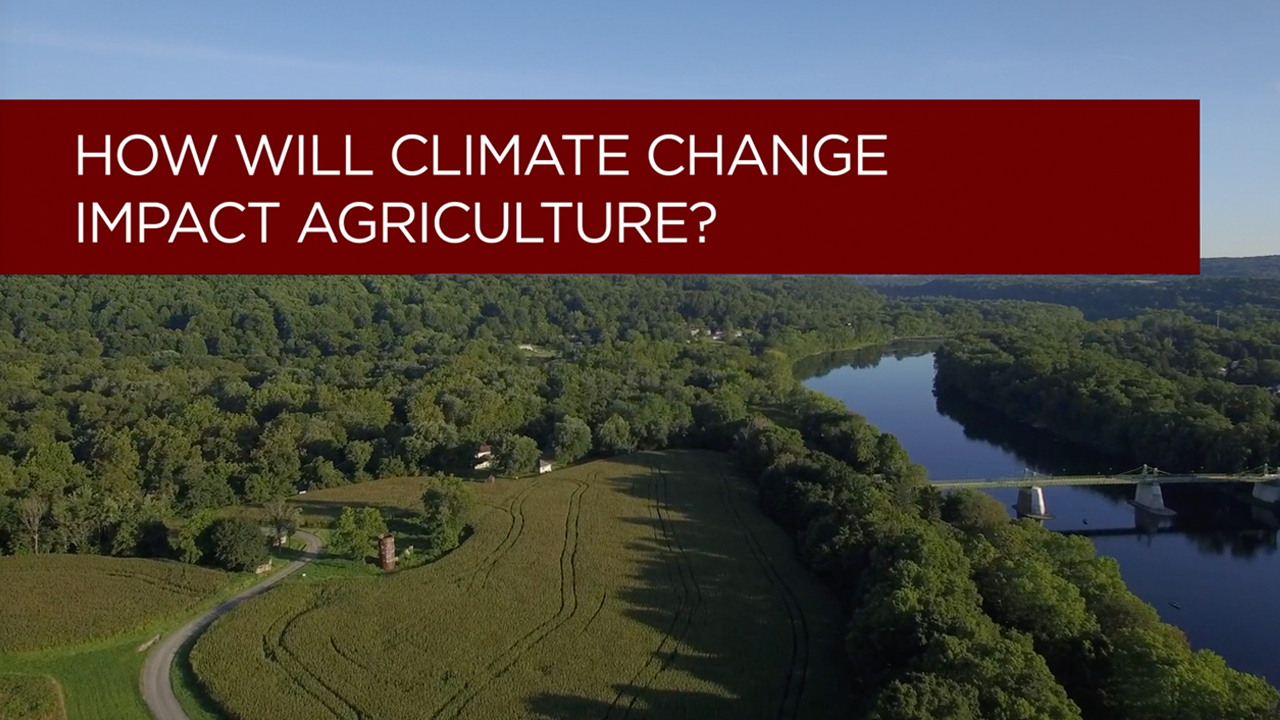
How Will Climate Change Impact Agriculture?
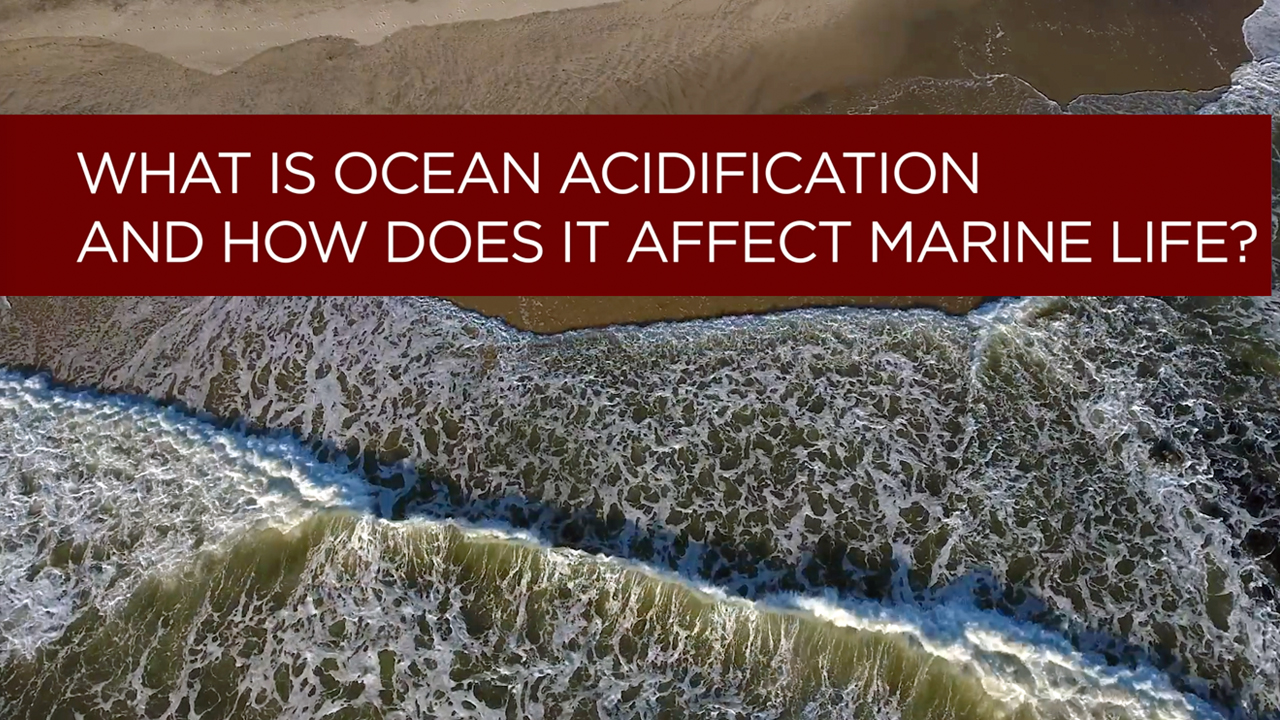
What Is Ocean Acidification and How Does It Affect Marine Life?
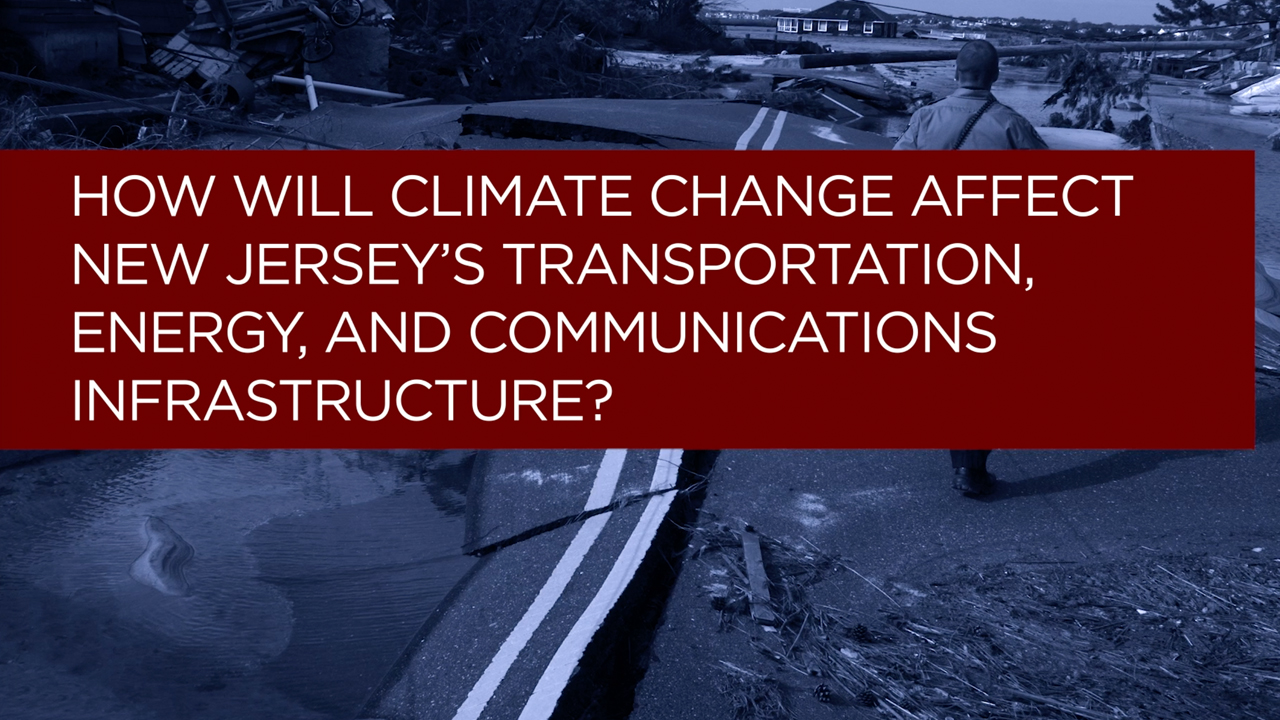
How Will Climate Change Affect NJ’s Transportation, Energy, and Communications Infrastructure?
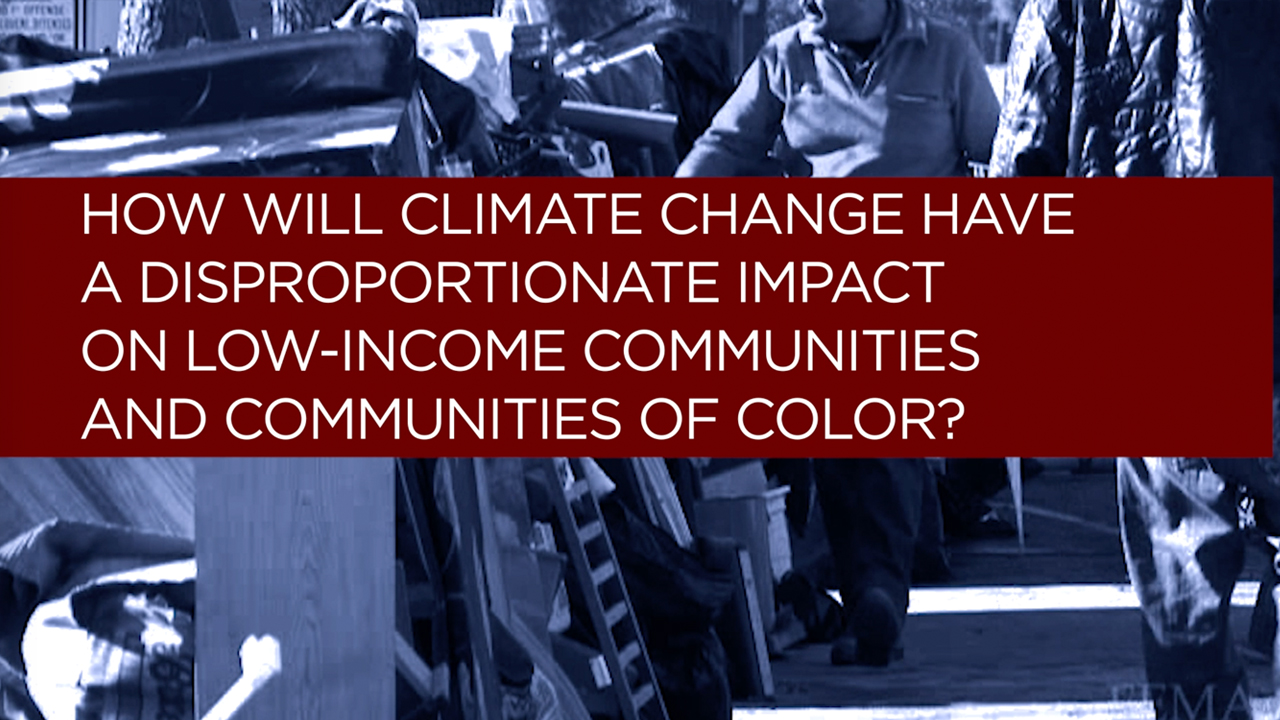
How Will Climate Change Disproportionately Affect Low-Income Communities and Communities of Color?
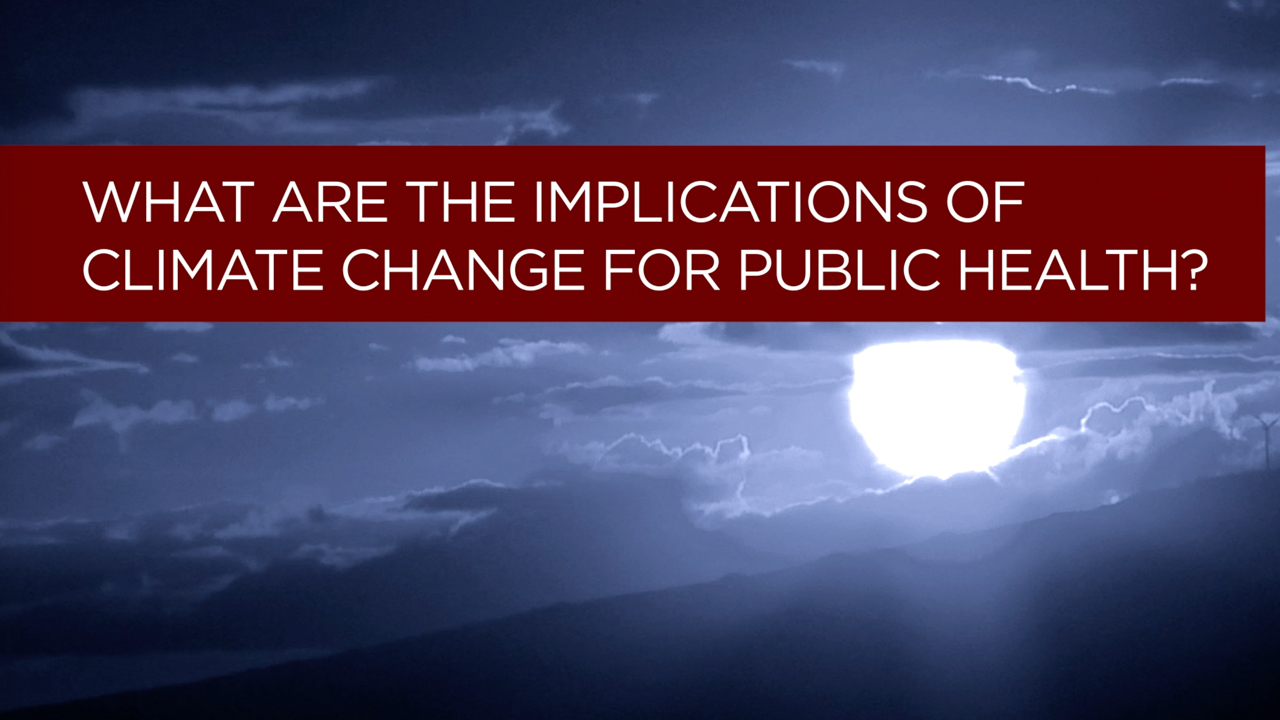
What Are the Implications of Climate Change for Public Health?
New Jersey and Climate Change: Impacts and Responses
Climate Change and the Jersey Shore
Climate Change and Public Health
Climate Change and Agriculture in the Garden State
